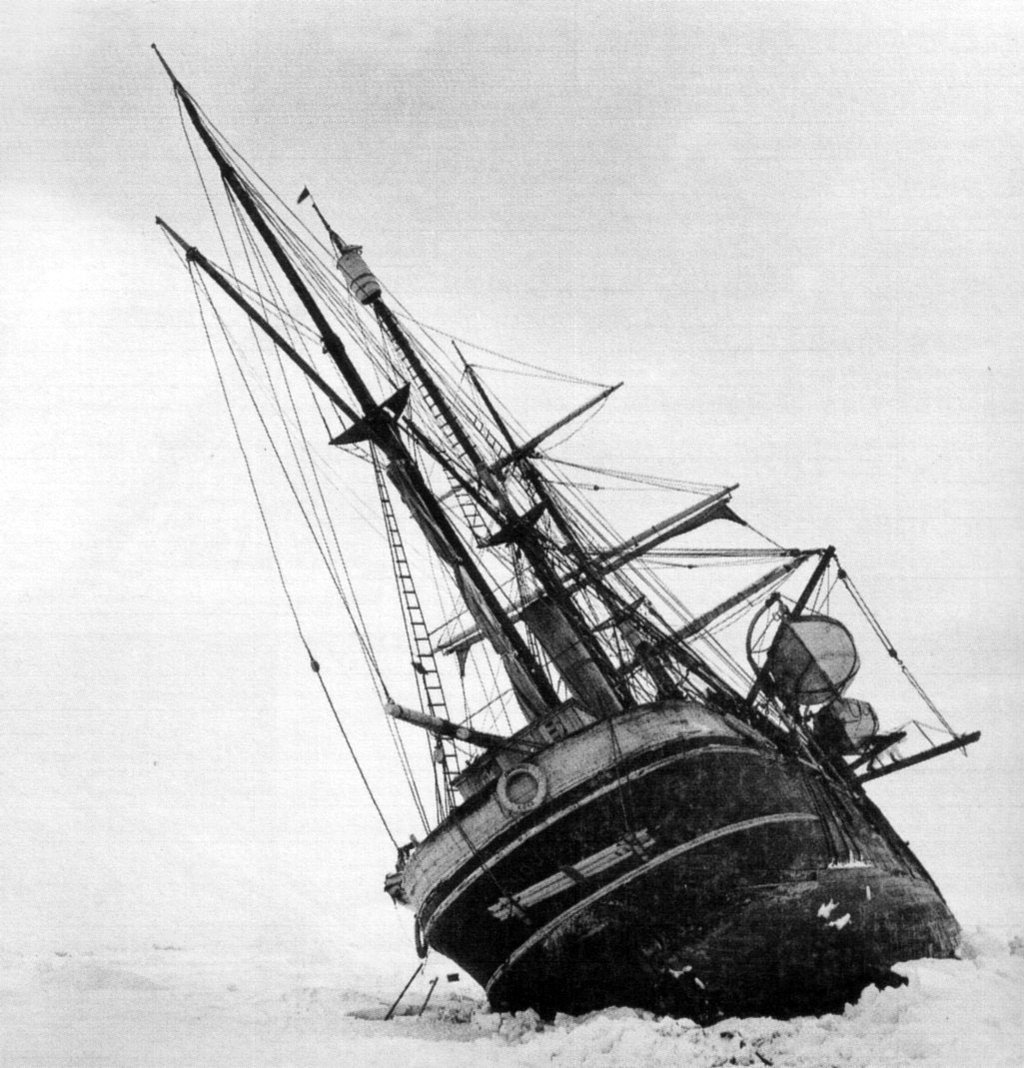Endurance: Shackleton's Incredible Voyage
by Alfred Lansing
This book by Alfred Lansing that tells the story of Ernest Shackleton's ill-fated expedition to Antarctica in 1914. The expedition, which aimed to cross the continent on foot, was beset by numerous challenges and setbacks from the start.
After setting sail from England in August 1914, the Endurance, the ship that was to carry the expedition team, became trapped in ice off the coast of Antarctica. As the ice closed in around the ship, the crew was forced to abandon their mission and instead focus on survival.
Over the next year, the crew faced numerous challenges as they struggled to survive in the harsh and unforgiving environment of Antarctica. They were forced to live in cramped and uncomfortable conditions, subsisting on a limited supply of food and dealing with extreme temperatures and storms.
Despite these challenges, Shackleton and his crew remained determined and resourceful, and they eventually managed to escape the ice and make their way to safety. The expedition may not have achieved its original goal, but it is remembered as a testament to the strength of the human spirit and the ability to overcome seemingly insurmountable challenges.
Selected Passages:
They were on their way at last, really on their way, and Shackleton was immensely relieved. The long years of preparation were over . . . the begging, the hypocrisy, the finagling, all were finished. The simple act of sailing had carried him beyond the world of reversals, frustrations, and inanities. And in the space of a few short hours, life had been reduced from a highly complex existence, with a thousand petty problems, to one of the barest simplicity in which only one real task remained—the achievement of the goal. In his diary that night, Shackleton summed up his feelings: “. . . now comes the actual work itself . . . the fight will be good.”
No matter what the odds, a man does not pin his last hope for survival on something and then expect that it will fail.
“We had seen God in His splendors, we had heard the text that Nature renders. We had reached the naked soul of man.”
Shackleton was concerned. Of all their enemies—the cold, the ice, the sea—he feared none more than demoralization.
Unlike the land, where courage and the simple will to endure can often see a man through, the struggle against the sea is an act of physical combat, and there is no escape. It is a battle against a tireless enemy in which man never actually wins; the most that he can hope for is not to be defeated.
They were for all practical purposes alone in the frozen Antarctic seas. It had been very nearly a year since they had last been in contact with civilization. Nobody in the outside world knew they were in trouble, much less where they were. They had no radio transmitter with which to notify any would-be rescuers, and it is doubtful that any rescuers could have reached them even if they had been able to broadcast an SOS. It was 1915, and there were no helicopters, no Weasels, no Sno-Cats, no suitable planes. Thus their plight was naked and terrifying in its simplicity. If they were to get out—they had to get themselves out.
Whatever his mood—whether it was gay and breezy, or dark with rage—he had one pervading characteristic: he was purposeful.
In some ways they had come to know themselves better. In this lonely world of ice and emptiness, they had achieved at least a limited kind of contentment. They had been tested and found not wanting. They thought of home, naturally, but there was no burning desire to be in civilization for its own sake. Worsley recorded: “Waking on a fine morning I feel a great longing for the smell of dewy wet grass and flowers of a Spring morning in New Zealand or England. One has very few other longings for civilization—good bread and butter, Munich beer, Coromandel rock oysters, apple pie and Devonshire cream are pleasant reminiscences rather than longings.”
A forbidding-looking place, certainly, but that only made it seem the more pitiful. It was the refuge of twenty-two men who, at that very moment, were camped on a precarious, storm-washed spit of beach, as helpless and isolated from the outside world as if they were on another planet. Their plight was known only to the six men in this ridiculously little boat, whose responsibility now was to prove that all the laws of chance were wrong—and return with help. It was a staggering trust.
From studying the outcome of past expeditions, he believed that those that burdened themselves with equipment to meet every contingency had fared much worse than those that had sacrificed total preparedness for speed.

